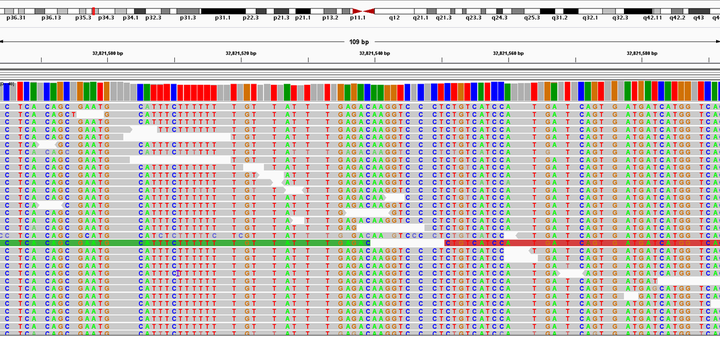NICE: Determination of mutation signature of high-LET radiation

It is well known that radiation poses a risk of carcinogenesis, which is ultimately a result of mutagenesis in the human genome. Therefore, understanding the underlying biophysical mechanisms of carcinogenesis/mutagenesis always has merit especially when thinking about preventing radiation-induced cancer. Thus, with this project, we are trying to identify how different radiation induces genomic mutations in cells and if they have distinguishable characteristics that can be used to identify the radiation type involved.
Our idea is to look at the genomic sequence of irradiated human cells using the single-cell whole-genome sequencing (ScWGS) technique. Because radiation interaction is a stochastic process, each cell experiences radiation differently and will have unique mutation profiles. Therefore, we look at the genome of every individual cell one by one using ScWGS. We hope to identify the mutation signature of high-LET neutrons at the end of this work. Apart from getting more insights into radiation carcinogenesis, the findings from this project will be significant in the field of radiation risk assessment and biodosimetry especially in the event of an unforeseen radiation accident.